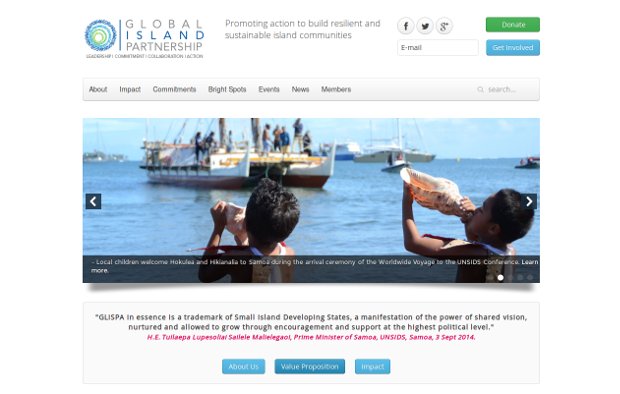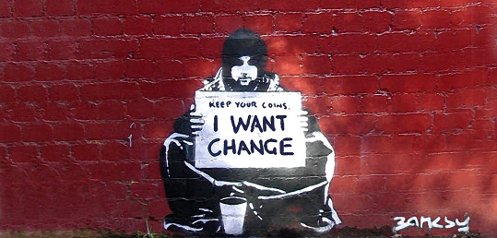The Small Island Developing States are on the frontline of the war against climate change, both in terms of suffering the greatest damage and calling most stridently for action. Palau, a low-lying archipelago in the Pacific Ocean home to just over 20.000 souls, is one such country. The small islands that make up Palau are breath-taking in their beauty—splodges of bright green and gold in azure waters teeming with life. Yet these natural wonders are threatened by coral bleaching, rising sea levels and drought—and according to H.E. Tommy Remengesau, Jr, Palau’s experience serves as the canary in the mineshaft to the rest of the world faced with growing climate change. While raising his voice in warning, President Remengesau, is also fighting to ensure his nation survives these threats through national initiatives that protect biodiversity and the ecotourism and diving industries—which together bring tens of thousands of tourists to the tiny islands each year. As President Remengesau has said on many occasions, “The economy is our environment and the environment is our economy.” Under his presidency, Palau sought to make this environmental economy robust enough to withstand the coming changes. He established a Protected Area Network for the country’s marine biodiversity, which has generated U$1.3 million a year in green fees for community conservation since 2009. Thanks to this commitment to marine conservation, Palau has also become the world’s first shark sanctuary—leading the way for many other countries, including the Maldives, Honduras, and Marshall Islands to designate areas of their surrounding waters as shark sanctuaries. President from 2001 to 2009, and elected again in 2013, his inspirational leadership has extended well beyond Micronesia to influence the global governance of oceans. Along with President James Michel of Seychelles, President Remengesau established the Global Island Partnership, which provides leadership and support to dozens of island states, and has mobilized more than $130 million for conservation and livelihoods on islands.  Website: http://glispa.org/
Website: http://glispa.org/
The fight of a president
![]()
STAY IN TOUCH
SUBSCRIBE TO OUR NEWSLETTER
AND RECEIVE OUR LATEST STORIES
OLBIOS NETWORK FOR ACTION










